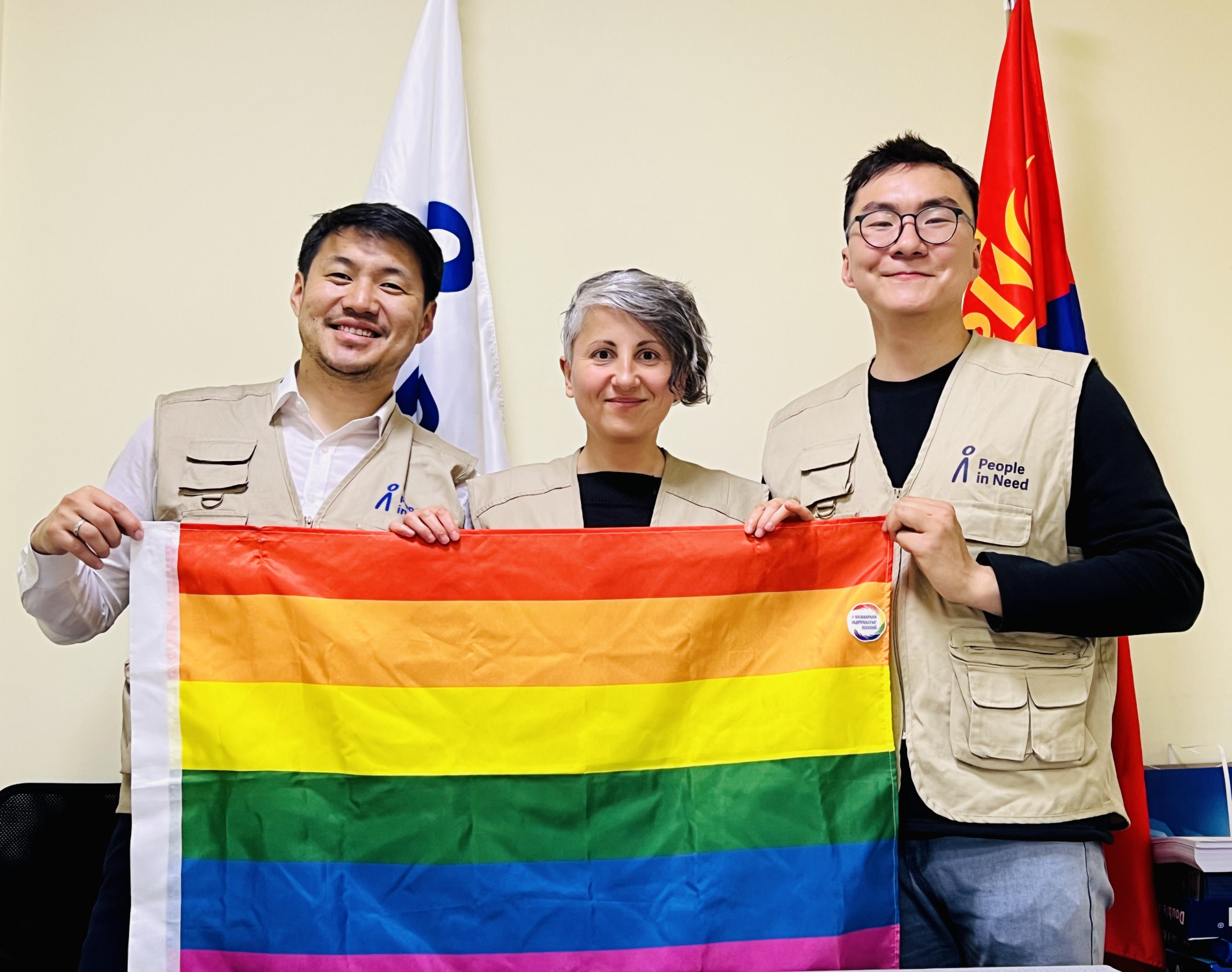
Civil Society & Inclusive Governance
Rooted in our commitment to empowering local actors, we support civil society to play a key role in social, economic, and democratic development in our target communities in Mongolia. We provide opportunities for civil society actors to develop the technical skills and mechanisms to become more effective governance and development actors. We support civil society to engage with government actors to advance participatory democratic processes and the development of inclusive public services. Specifically, PIN targets a range of civil society actors, including youth and marginalized communities – such as LGBTQIA+ persons, people living with disability (PLWD), women empowerment groups, and others – to ensure that government policies and services are socially inclusive and aligned with international human rights and gender equality principles.
In parallel, we promote active citizenship and climate justice, empowering individuals to exercise their human rights, engage in democratic processes, and hold government officials accountable.
With the aim of supporting inclusive good governance, we are focused on the active engagement of communities in local inclusive and equitable decision-making processes to achieve sustainable outcomes and emphasises effective cooperation among civil society, governments, and communities.
Ongoing ActivitiesORPast Activities
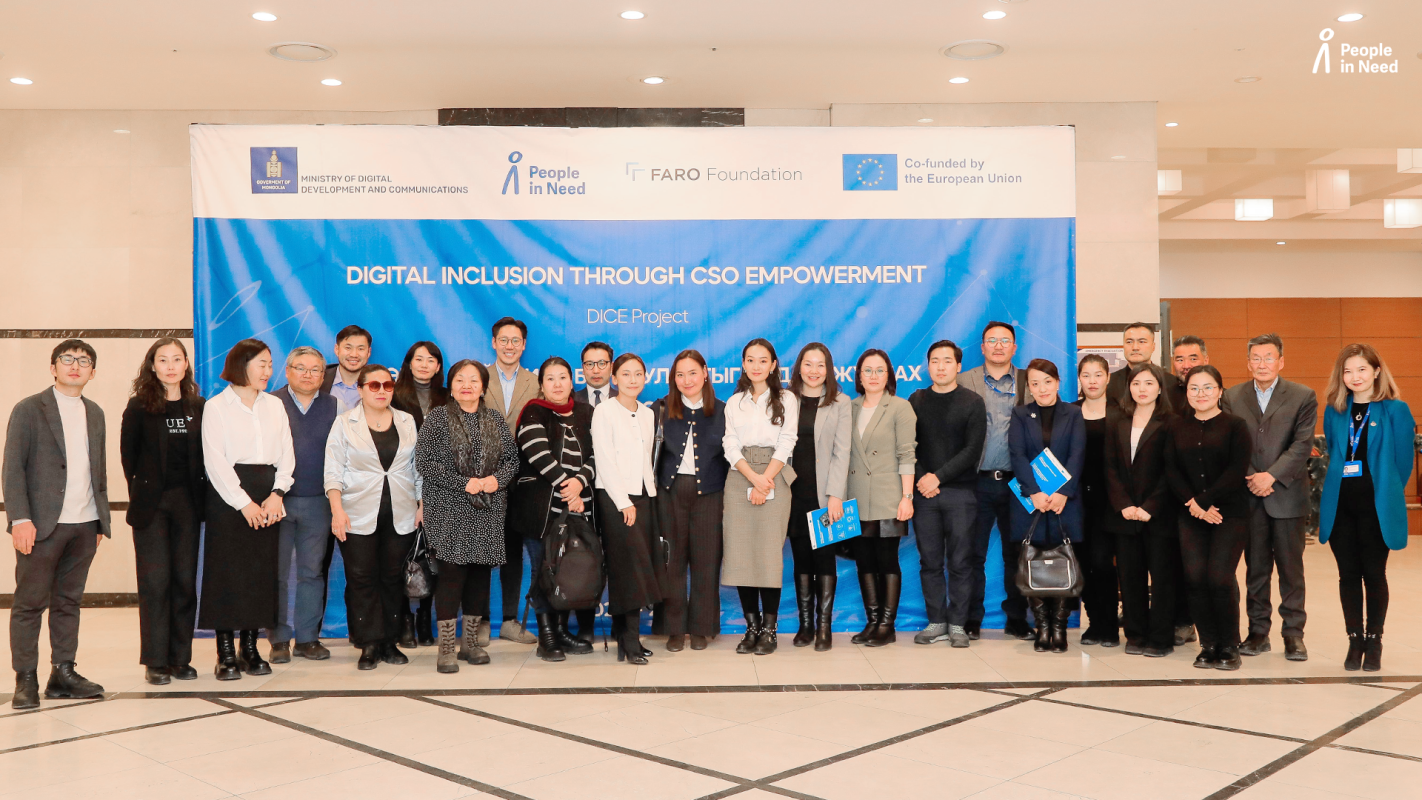
Digital Inclusion through CSO Empowerment (DICE) Project
Click here to download the two-pager of the DICE project
People in Need INGO, in collaboration with the FARO Foundation NGO and the Ministry of Digital Development, Innovation and Communications and Communication (MDDIC), is implementing the DICE project to empower CSOs, and to support the transition towards a citizen-centered digital transformation. In line with the EU CSO Roadmap, the DICE project unfolds a dynamic strategy to bolster the digital capacities of CSOs, making them instrumental players in Mongolia's journey towards digital inclusivity. The project focuses not only on internal CSO capabilities but also directly addresses the digital literacy needs of marginalized groups through targeted training and development programmes. Specifically, to bridge the digital divide, the project seeks to empower a minimum of 40 CSOs and their 160 staff members to engage with elderly individuals, people with disabilities, rural households, women, and vulnerable youth.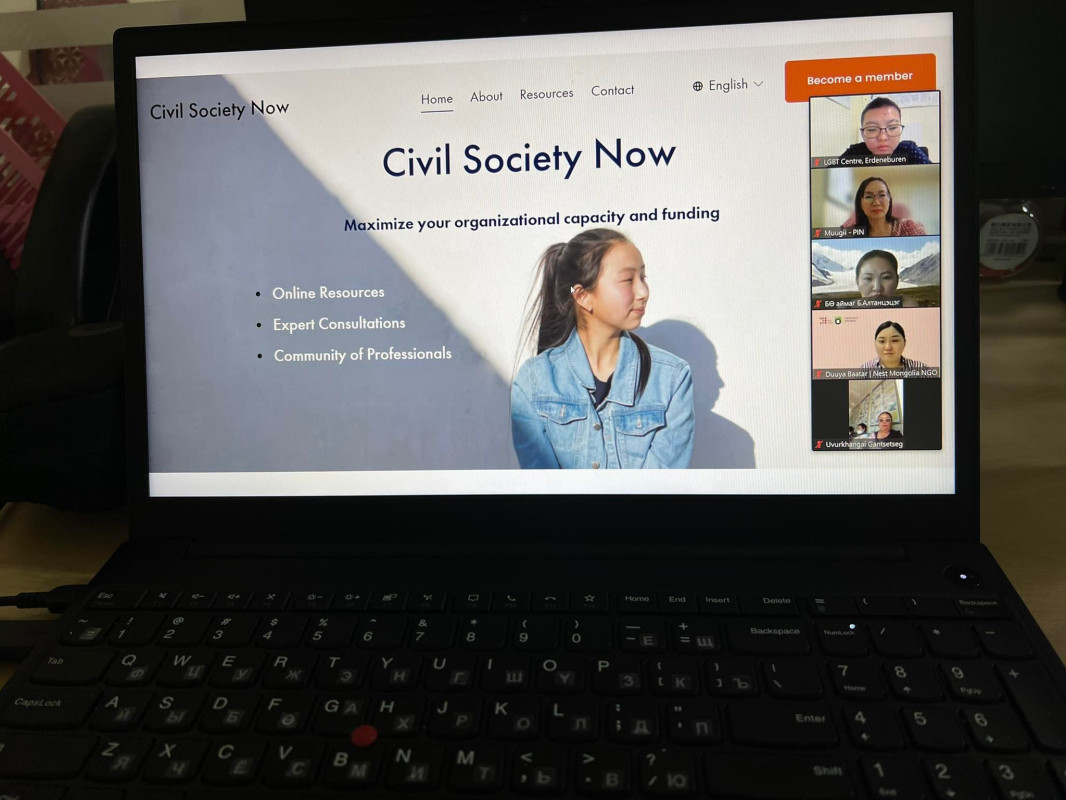
New online platform launched to support civil society in Mongolia
However, challenges to accessing international funds and leveraging global expertise continues to be a challenge for local CSOs. In Mongolia, CSOs are essential for more accountable governance and freer societies and must be adequately resourced. The future of the sector is via supporting local actors alongside strengthening government systems yet the processes and systems to support such locally led action are minimal.
To better serve CSOs, People In Need (PIN), inspired by the EU Delegation’s CSO Roadmap, has launched a new platform called “Civil Society Now” – commonly referred to as CSN.
“At PIN, we are looking at an approach to flip the power dynamic whereby we provide capacity building services to local CSOs in order for them to be able to directly access and manage international donor funding,” said Camila Garbutt, Head of PIN’s Global Technical Advisory Unit.
“PIN itself has grown from being a small civil society organisation in the Czech Republic to become a trusted partner of institutional donors operating in more than 20 countries. This recent growth means it has a fresh living memory of its own organizational development, remembering and understanding the needs of smaller organisations and pathways for establishing the required standards.”
PIN will open up its internal fundraising, accountability, donor compliance and programme management systems to provide local CSOs with the resources required to build their own in order to access and effectively manage international donor funding. The CSN platform aims to contribute to Mongolia’s development, growth and emancipation of local civil society organizations. The services provided to members would be template resources, internal guidance documents, drop-in sessions on topics requested by members, and consultancy support.
“An empowered Civil Society is a crucial component for Mongolia’s democratic system and is an asset in itself. CSOs represent and foster pluralism and can contribute to more effective policies, to equitable and sustainable development and to inclusive growth. It is great to see that our Roadmap is inspiring others to contribute to a Civil Society landscape conducive to strengthening governance and democracy in Mongolia.”, said H.E. Ms Axelle Nicaise, Ambassador of the European Union to Mongolia.
* * *
About People in Need (PIN): The CEO and co-founder of PIN is Simon Pánek, one of the student activists during the Velvet Revolution in the Czech Republic. PIN is an active member of the European Partnership for Democracy as well as a framework partner of the European Commission for civil society development. In Mongolia, PIN strives to strengthen capacities of local authorities and CSOs, promote human rights, and empower communities to be the drivers of change and equal opportunities to achieve the Sustainable Development Goals and the Government’s ‘Vision 2050’. For more information about PIN Mongolia and its work, visit: www.mongolia.peopleinneed.net/en/
Contact info: For project or media-related inquiries, please contact Tina Puntsag, Communications and Advocacy Manager: tina.puntsag@peopleinneed.net / phone: +70111501
EU Roadmap for Engagement with Civil Society in Mongolia (2021-2025): https://europa.eu/!nnjWtj

Ending violence against women and girls by engaging men and boys
To address the pervasiveness of violence against women and children, People In Need, National Center Against Violence, Monfemnet, and Healthy Men Health Family NGO, are running the White Ribbon Campaign. The campaign´s aim is to call up all men to rise up and put an end to violence in all its forms. The Speaker of Mongolian Parliament H.E. Zandanshatar confirmed, that the Parliament plans to make major policy changes in order to raise national and community-based awareness on the issue, raise awareness and increase men´s and boy´s engagement in “ending gender-based violence" - encourage them to speak out and unite to end violence.
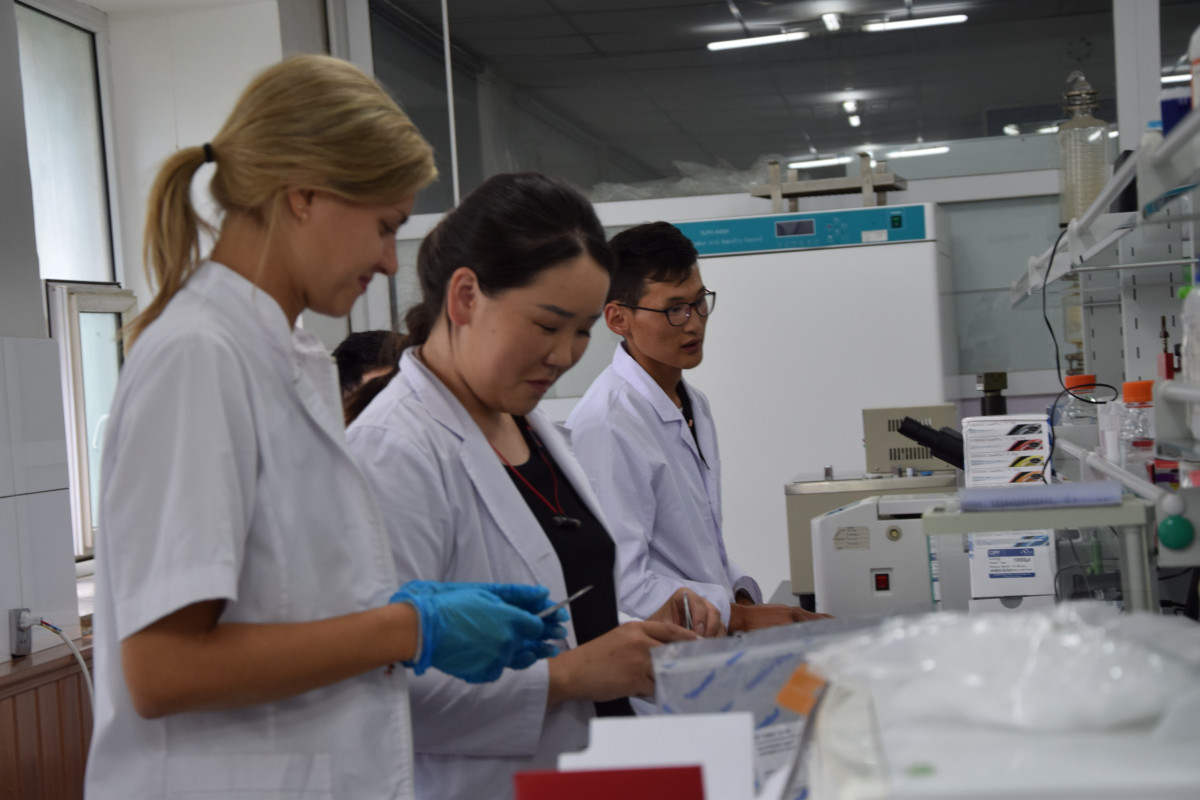
Cooperation between Czech and Mongolian universities on understanding interactions between livestock and wildlife
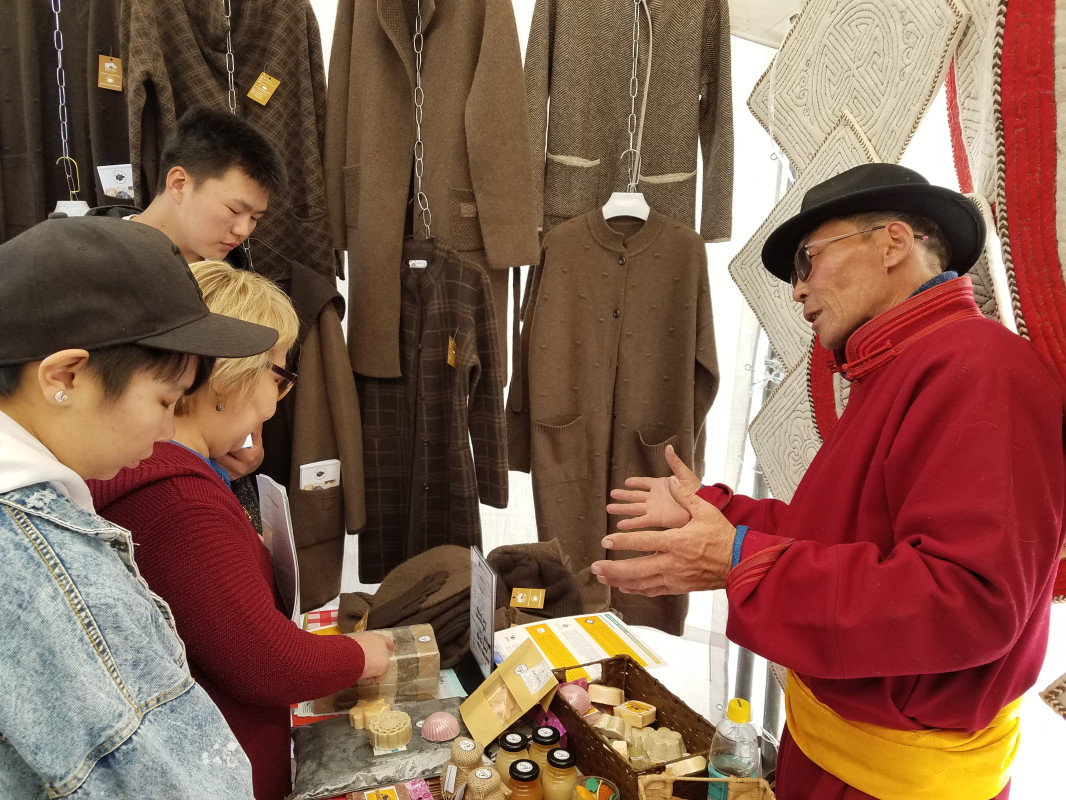
Empowered People - Improved Livelihoods (EPIL)
In Mongolia, the majority of the people living in the rural regions still rely on herding as their main source of income. In 2016, PIN proposed the EPIL project to the European Union as it observed that rural entrepreneurs lacked information about financing and the necessary skills to secure it. They also faced difficulties to create and develop new activities that would help them earn additional money. In a nutshell, they were lacking the opportunities to have better livelihoods. At that time, the central government of Mongolia created a special fund meant to provide soft loans to help rural entrepreneurs pursue and make concrete their business ideas. However, accessing this fund proved to be difficult for business owners as PIN noted issues with the way the fund was managed and with both the quality and the volume of information given to potential loan applicants.
In details, the project focused on different ways to achieve the desired impact:
- Disseminating information about the public fund to businesses, civil society organisations, and cooperatives and training local officials to better governance practices.
- Providing business skills and tools to these private actors, and improving their marketing, financial management, loan applications, and innovative thinking.
- Linking districts, regions, and economic actors together and promoting sharing of knowledge and best practices.
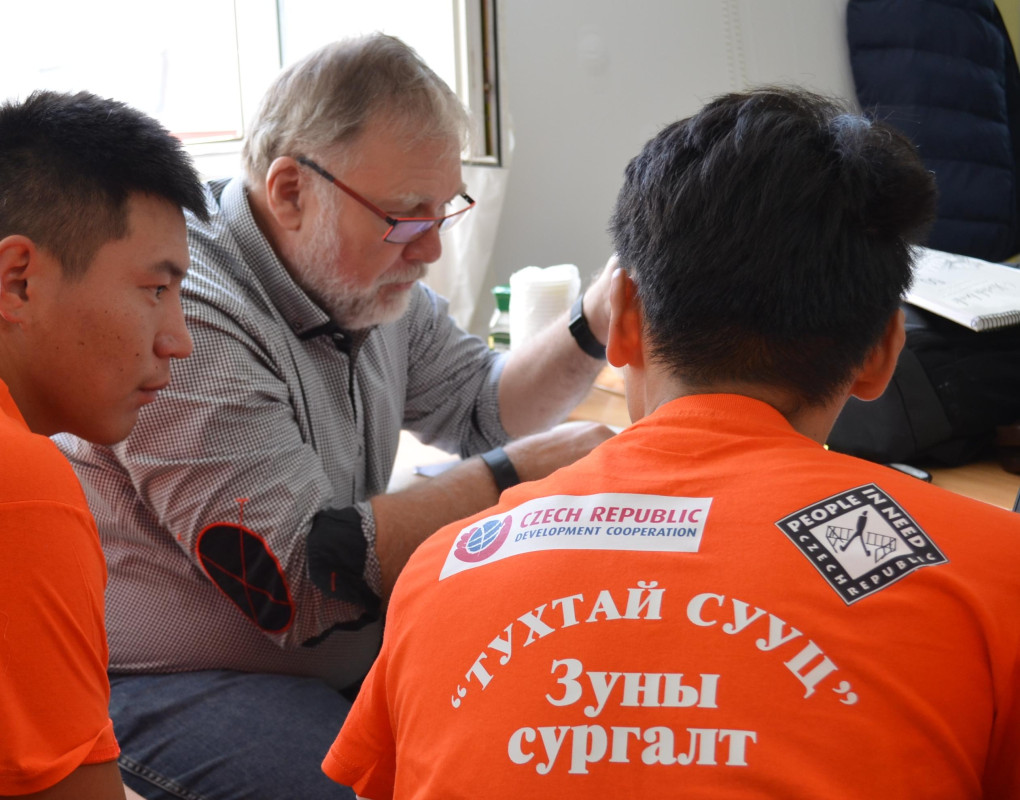
Improving the quality and relevance of education at the Mongolian University of Science and Technology (MUST)
The project goal will be achieved through the implementation of outputs which focus on quality improvement of vocational subjects teaching through direct teaching by Czech teachers, improvement of material equipment of School of Civil Engineering and Architecture (SCEA), enhancement of the quality of teaching, and support of joint research projects between the two universities. The project will also improve the model of quality of teaching of selected technical subjects through direct participation of university teachers from Czech Technical University (Faculty of Civil Engineering and Faculty of Architecture) on education activities in Mongolia, consultation and supervision of seminar, bachelor' and master's thesis and provision of the necessary material equipment to SCEA.

Mobile Health Services
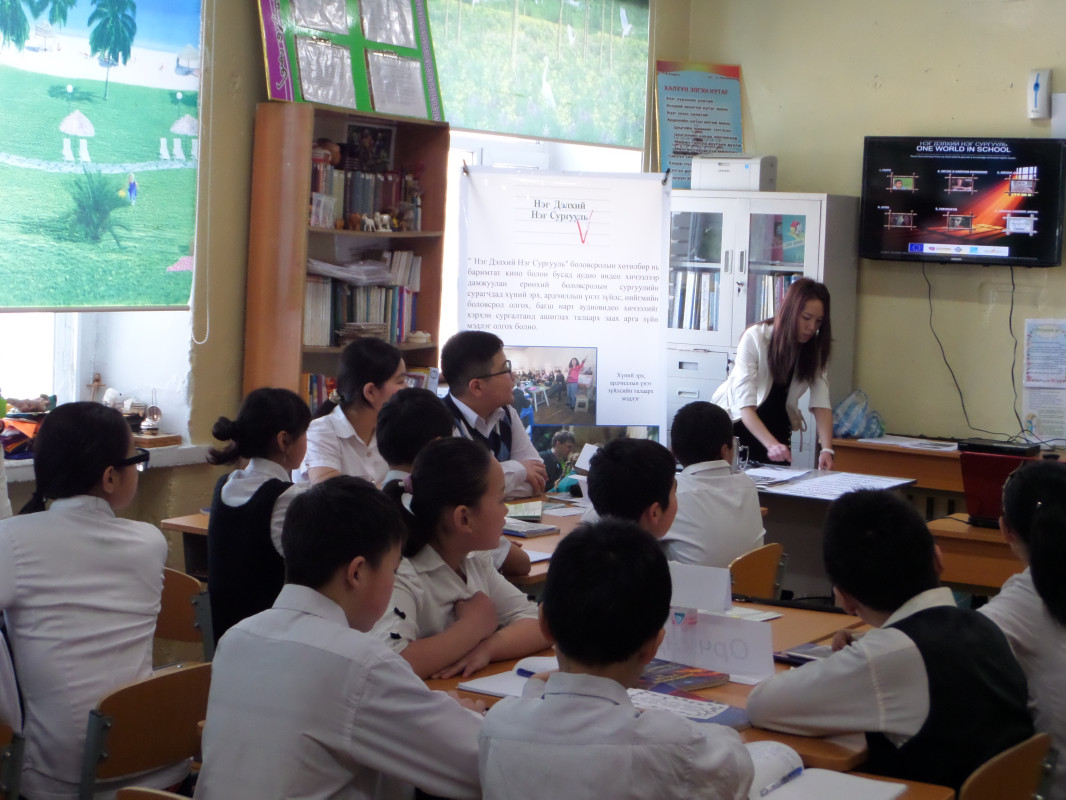
One World in Schools – Human rights promotion through documentary films
The students of the schools involved in the programme attend the screening of selected documentary films and participate in subsequent activities which generally take the form of discussions. The schools are provided with a DVD, manuals, and worksheets. The teachers have the opportunity to participate in training and workshops where they can acquire methodology for human rights tuition and increase their factual knowledge. 20 schools from Bulgan, Darkhan-Uul, Orkhon, and Selenge aimags participated in the program in 2012, with the participation of 1,500 students and 50 educators.
In 2013, 52 educators received training in the methodology of using documentary films and facilitating methods. A special education package with documentary films and additional didactic materials was created for teachers and subsequently distributed to all 52 teachers from 23 schools in Darkhan-Uul, Selenge, Orkhon a Bulgan aimags. Screenings of documentary films concerning with human rights was in 2013 attended by approximately 8,000 students. The first screenings in the newly established school film clubs were attended by approximately 520 students.
In 2014, the One World at Schools programme in Mongolia extended to Arkhangai, Uvurkhangai, Tuv, Gobi-Sumber and Ulaanbaatar aimags. During the school year, the teachers and the students between 14 to 19 from 20 different secondary and trade schools will newly participate in the activities.
On the basis of the wealth of experience with the One World organization at Czech, Lebanese, Armenian, Georgian and other foreign schools People in Need expect that introducing human rights topics into the school curriculum will in the long-term view lead to greater participation of young people in the functioning of civil society.
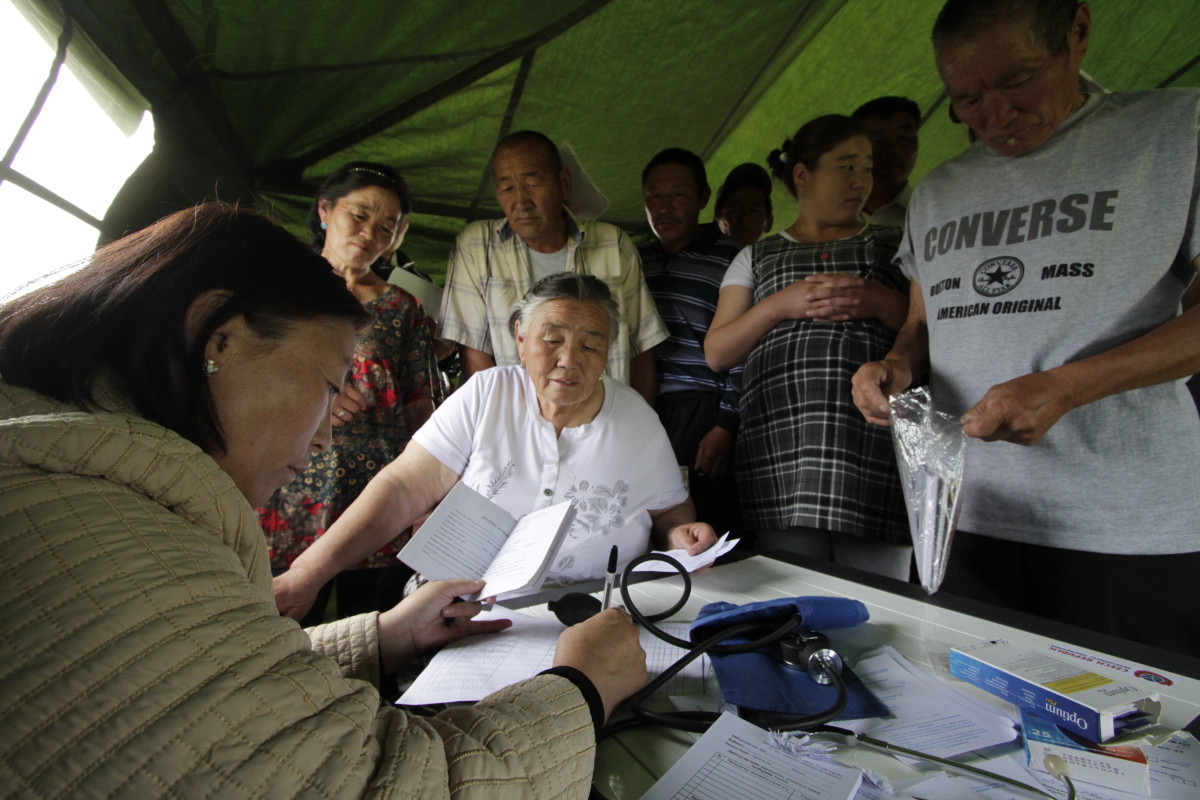
Mobile Healthcare Service
A total of six four-wheel-drive vehicles equipped with modern diagnostic tools were presented to the regional hospitals in 2011 in Archangaj and Uvurchangaj aimags, in 2012 in Bayankhongor and Zavchan aimags and in 2013 in Huvsgul and Umnogobi aimags. These mobile clinics in regular cycles do the rounds of all of the aimags, supporting the inadequately staffed and equipped rural hospitals and, when necessary, they visit the remotest of places too. Their main objective is the diagnosis and prevention. They carry equipment and materials for providing help in the acute cases.
Medical experts trained 125 employees of regional hospitals to man the off-road mobile clinics. In cooperation with hospitals they also put together itineraries, a monitoring plan and an equipment use manual. Between 2011 and 2013, the mobile clinics provided healthcare to more than 31,000 persons living in remote rural areas.
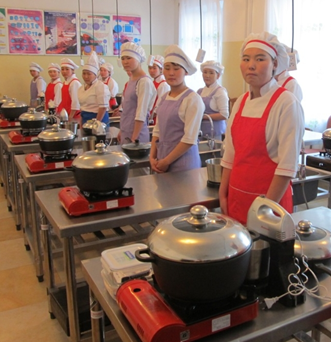
Support of secondary vocational education in the fields of agriculture and the processing industry
To improve the situation, People in Need supported vocational and secondary schools and provided financial and expert support directed at modernization and creation of new study departments. These cover mainly education of forestry and woodworking, crop and animal production, agriculture mechanic and the cooking/baking trade. The objective was to change the system of education in a way it would reflect the demand of the labour market and the development as yet unused potential of the region.
In 2012 PIN helped to establish a new forestry department in Sukhbaataru and a department of agricultural mechanization at the vocational school Zuunkharaa in Selenge Aimag . Studies at new school departments were launched for the school year 2013 to 2014, with the first students taking their places behind their desks on 1st September 2013.
